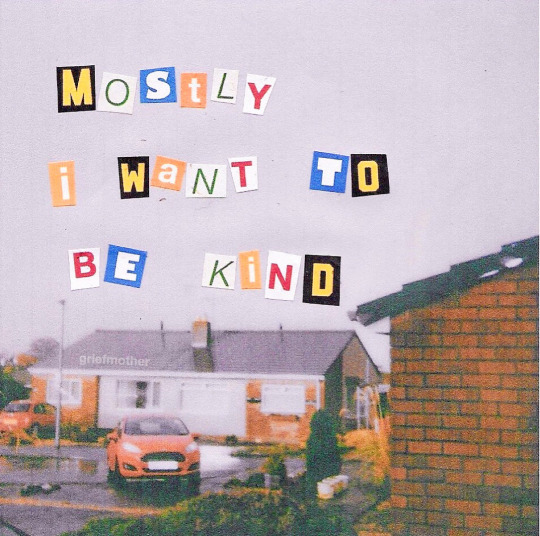Text
the queen’s death seems like a great time to finalize my move to @genderwound !!!! which i like bc it’s like Wound Caused By Gender/Wound Where My Gender Should Be but also like. Wound Up By Gender. Wound Up IN Gender.
i’m still working out an overly-elaborate tag system and moving my fave posts over, and i’ll be leaving this blog up indefinitely as an archive, but i a) want to escape the MANY porn blogs that have followed & spam tagged this blog over the years and b) start over bc it’s FUN okay. also i was successfully influenced into doing so by @caintooth okay that is all
i’m gonna tag moots, but don’t feel obligated to do anything w/ this info, esp since so many of you came from odd & specific Phases i had on here lmao! but some of you have been around since HS and im sentimental :) also i lovingly excluded blogs that haven’t been active in like 3 years
@chimepunk @toutlebruit @rictusernpra @nickyooze @fihyn @worm-feast @mutatedfish @doodle-buggle @gayarsonistsforraccoons @spider-man-stan @is-just-maria @demigodscum @einno-arko @lundibix @sahwen @gently-used-fairytale @solem-fero @hewwwwwwwwwo @pasta-sllut @transtatertot @dgraymen @swirled-heart @chnxfng @wwavvy @trubledparadise @queerbutnothere @greyvaren @yorksbooty @carolinasbooty @diluvium @troubleclefs @damselavdistress @violetsandlavender @fiddlestickers @ct-hardcase @thetalkingcrocus @videokilledthestarsinmyeyes @abbylightwood @beewear @halfkav @gyaru @extragrainy @crocophant
22 notes
·
View notes
Text
Every reblog removes one HP from the queen
258K notes
·
View notes
Photo


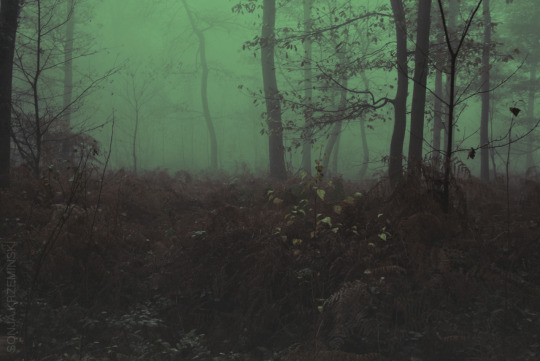
Mastbos, Breda, Netherlands by Sonja Krzeminski
6K notes
·
View notes
Text


Song of the Anti-Sisyphus, Chen Chen
5K notes
·
View notes
Note
what is LC. why is your library switching from dewey. EXPLAIN
everyone follow charlie Or Else 🔪
anyway :) LC is the library of congress classification system! (classification systems are how new/existing books in a library are added to the right location based on subject.)
the short answer to why we’re switching is that LC is considered standard practice for academic/university/research libraries due to having more specificity, being easier to amend, and being relatively more inclusive. the long answer involves a bunch of history you really didn’t ask for, so…enjoy? 💛
Dewey Decimal Classification (DDC) was published in 1876-–basically a huge book with decimal numbers assigned to different books/topics, which Dewey himself developed based on his work at Amherst College’s library. this was a Big Deal because before that, books in libraries were given permanent shelf locations based on the book’s HEIGHT and WHEN IT WAS ACQUIRED. It wasn’t considered important to make libraries navigable to public patrons, because libraries were NOT free to browse. You had to be extremely privileged to look through library collections at all. Dewey’s system was the first in the U.S. to locate books in relation to other books/their subjects, opening up the possibility of public patrons independently locating materials. Dewey’s system wasn’t the only one around, but it was considered the most complete.
In Dewey’s system, there are 10 main numerical classes (numbered 000-900) based on academic discipline, and each class has a number of divisions and sections. The structure of a DDC call number is this number plus the first three letters of the author’s last name. This is the system you would’ve learned in primary school library class, and it is primarily used today at public libraries & schools. Its legibility has given it sustained life through becoming the basis for many other classification systems across the globe. It has its problems, though.
Firstly, Dewey was antisemitic, racist and sexist. These beliefs inevitably impact his classification system. Some examples cited in that second article: Non-Christian holidays are classified under “mythology and religion”; LGBTQ+ books were long shelved under “perversion” and “neurological disorders”; Black history is not classified as part of American history; “women’s work” is a separate category from jobs.
In addition to these equity (/morality) problems, it’s also just a tough system to modify for various reasons. Its baked-in bias is even reflected in the order of those numerical classes, which is extremely skewed toward anglo-american knowledge systems. one good example is the 200 division, which is almost entirely dedicated to Christianity, with all other world religions being put into the 290s. islam, despite being almost if not as large as christianity in terms of population size, is limited to the 297s. the bias is so implicit in the system that it would require years of work for most libraries. (This work is being undertaken through the practice of critical cataloging, which I could write an entire novel-length post about on its own. Just know that if you’re interested in how libraries are combatting their explicitly colonial origins, you should absolutely read up on it. huge shoutout to @chimepunk for being an advocate for libraries for so many years but more specifically for introducing me to this term!)
So maybe you’re like, “Oh, I see! LC must be an equitable, inclusive alternative to Dewey!” Unfortunately, we live in hell ❤️
In 1882, Charles Cutter published the Expansive Classification (with Dewey’s support). It had different classes based on a library’s size, and many subject divisions and subdivisions. It didn’t enjoy nearly as much popularity, as it was considered too complicated, but it DID become the basis for the Library of Congress classification system.
In 1897, the Library of Congress was still using a fixed-location system proposed by Thomas Jefferson (that fun kind of system I mentioned earlier, where books are put in one fixed location based on their heights & dates of acquisition). The collection was growing too quickly to keep that up, though, and perhaps also due to a desire to make the library a little more navigable, the chief of the catalog department at the time (James Hanson) decided to consult with Charles Cutter. Thus, LCC was born. It has its problems, too—not only was it developed for the Library of Congress’s needs (in 1897) rather than having a theoretical basis that could be shared by the libraries that now use the system, but it also has equity issues & biases.
One way of combatting this is by appealing certain subject headings—I highly recommend the documentary Change the Subject, about students at Dartmouth trying to appeal the heading used for immigration. It’s a little under an hour long and free to watch on YouTube! It does a good job of exemplifying how categorization systems really do impact beliefs & experiences—and why having outdated and biased systems is a Big Problem.
ANYWAY. Despite all these issues, LCC is considered more amendable, and therefore better practice for academic & research libraries. I work at a very small, very rural community college library, and for us it’s more a matter of helping our own credibility, and being on par with the other community colleges in our system. Switching even one section (the graphic novels) has taken 2 months so far, because we only have one full-time librarian (I’m part-time and not allowed to catalog until I take my graduate cataloging course per the system office for our state).
another downside of LCC is that it is not intuitive in the way Dewey can be—LCC call numbers look like gibberish if you don’t know what they mean. FOR EXAMPLE: You look up a book and the location listed is BF 1078 .S5 1978 C.1. Hello????? but those letters and punctuation marks all have meanings! (catalogers have to consult existing publications of the different parts that make up an LC call numbers; in my library, it’s a physical, very tall spiral bound tome.) If you’re curious about the breakdown, this article goes over it line by line!
sorry for the essay but thank you for asking ily 💛
#yes…YES…#library tag#you have so many cool titles now#also library person is my gender now#(part library part person)
28 notes
·
View notes
Text
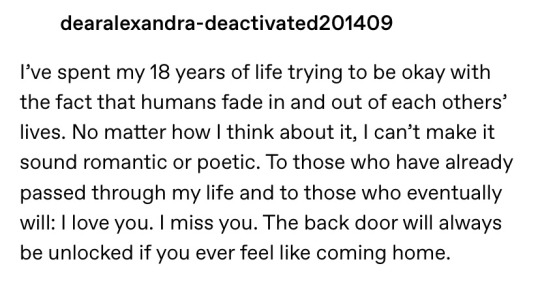


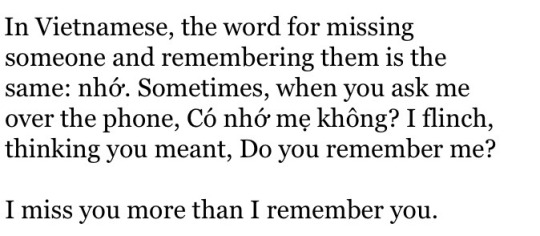
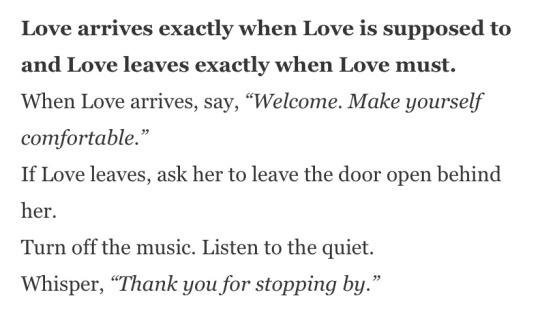
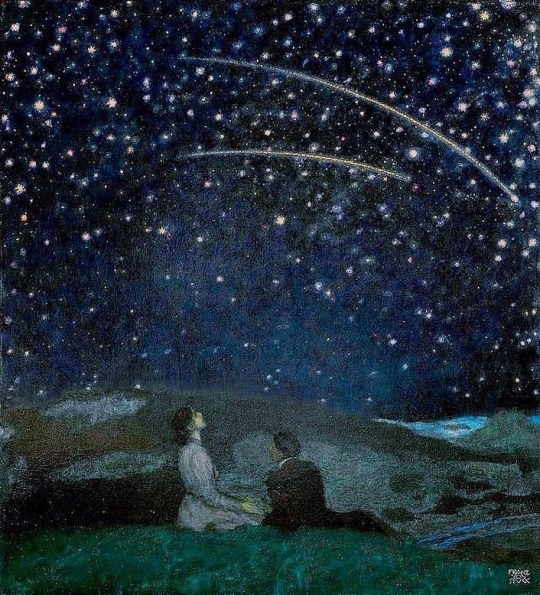

2- Mikko Harvey / 3- @beetlejuices / 4- Ocean Vuong / 5- Sarah Kay and Philip Kaye / 6- Franz von Stuck / 7- Cortes Edouard Leon
53K notes
·
View notes
Text
so disheartening to learn that when you grow up feeling like ur not enough for whatever reason it literally haunts all of your interpersonal relationships even as an adult.........like when do i stop feeling like this how do i rewire my brain into having normal healthy thoughts and feelings in regards to the people in my life & not miscontruing how they act towards me. not feeling like you're enough is truly the sickest self-fulfilling prophecy
4K notes
·
View notes
Note
if I may ask what are your pc specs?
ahhh they/them! thank you!
58K notes
·
View notes
Text
having transgender bard swag is a thankless job but someone in this godforsaken group has to do it
40K notes
·
View notes
Text
bella was lucky she didn’t have a cell phone of any kind because you know ya boi edward would be blowing up that phone 24-7 going “saw a snail today…. effervescent” or some shit equivalent
545K notes
·
View notes
Text
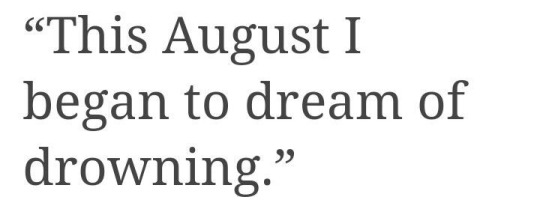


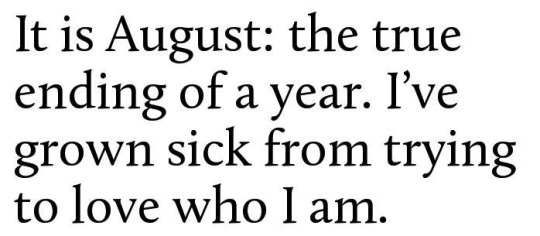

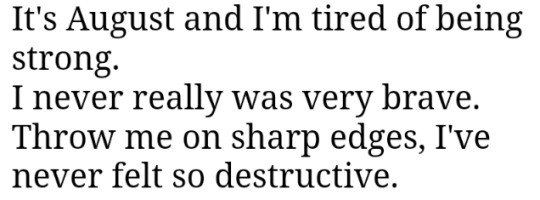




August of Another Summer and I'm Unfortunately Still Me
"Live or Die", Anne Sexton// "River's Mouth", @julykings// August Painting, Vasko Taškovski// "High Bridge Park", Carlie Hoffman// "The Women", Kim Addonizio// "The Terrible", Charlotte Eriksson// "Felicity", Mary Oliver// August, Ivan Kolisnyk// "On the Death of Summer and Baptismal Promises", @peoplehood// Alida Nugent//
1K notes
·
View notes
Text
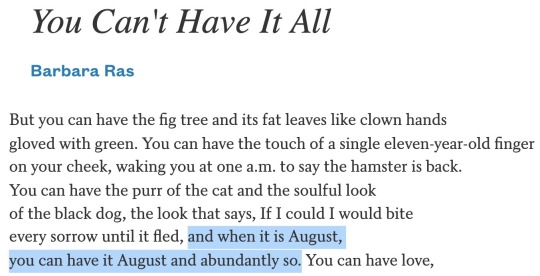
Barbara Ras, from “You Can’t Have It All” [ID in alt text]
7K notes
·
View notes

